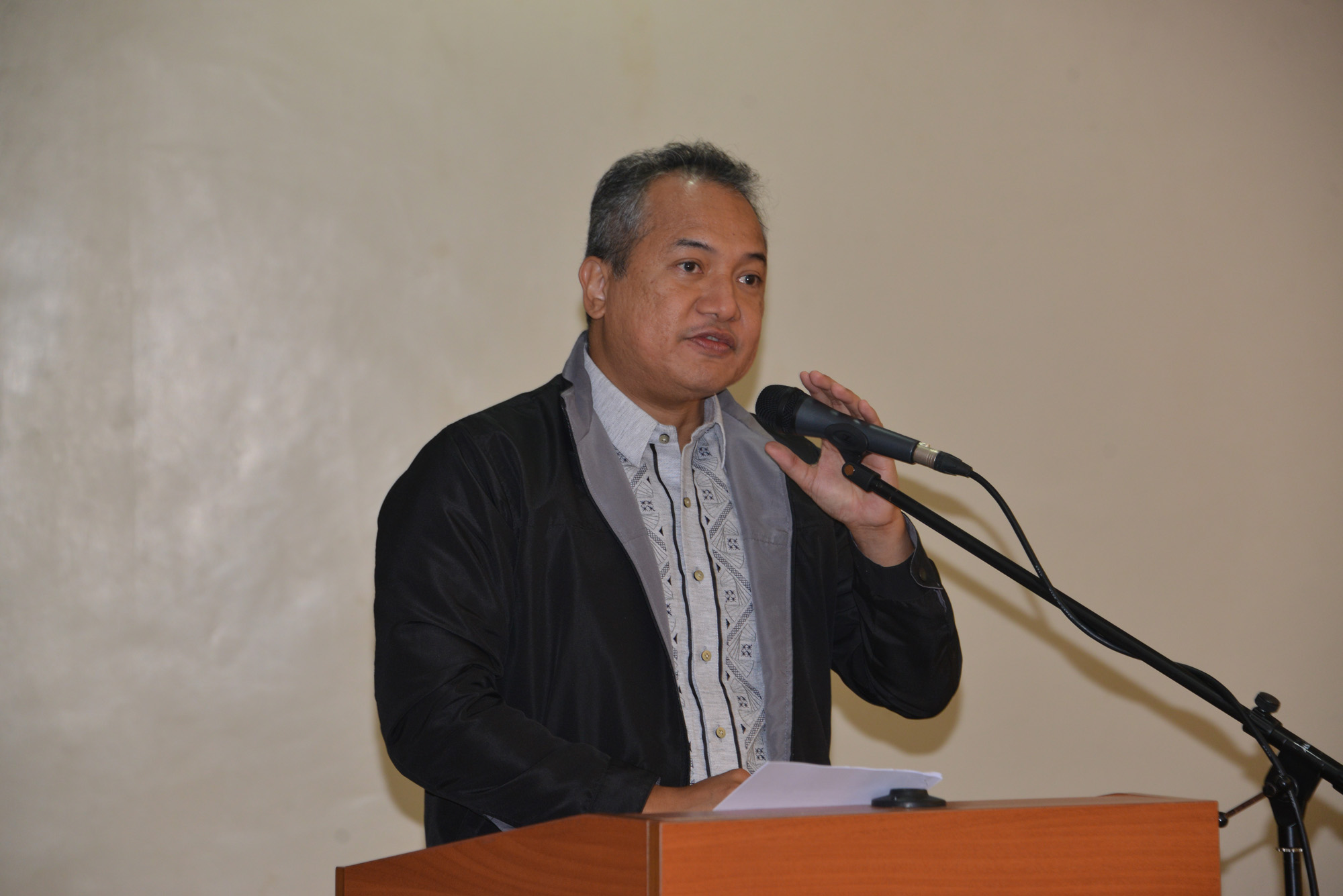Stay-at-home wives or mothers who are unable to work outside since they are compelled to care for their husbands and children full time may soon receive regular token compensations.
Albay Rep. Joey Sarte Salceda on Tuesday said he will strongly push for the approval of the Housewives Compensation Act he earlier filed in Congress, which seeks to provide compensation for stay-at-home housewives and mothers for their full-time services rendered to their children and families.
A study by the Philippine Institute for Development Studies showed that the monetary value of the time women spend doing housework – caring for children and the elderly, cleaning, cooking, and washing – accounts for about P3.3 trillion or 20% of the country’s gross domestic product (GDP), Salceda said in a statement.
House Bill 80 is seen as an important social reform scheme for the country, where unemployed mothers are referred to as “mere housewives” and considered “unproductive,” or “doing nothing,” despite their valuable services to society.
It will break the conventional principle in economics that “work that is not paid for does not count as productive labor.”
This includes the work of “stay-at-home housewives who take care of their children, walk them to school and help them in their school homework, manage meager family budgets, do grocery shopping” and other domestic chores, Salceda noted.
He stressed it is high time to recognize the work of homemakers as valuable economic activity, highlight their worth in nation-building, and “pay for the work they perform at home.”
The PIDS study showed that as of January 2018, some 12 million individuals were out of work. Of the total, 11.2 million were women. They were deemed not in the labor force since they performed unpaid homecare work, tending to their families, 4.168 million of whom have at least one child under 12 years old, with some 1.790 million of them living below the poverty line.
Salceda’s proposal initially focuses on women with at least one child under 12 years old, living under poverty line and seeks to provide them with a monthly P2,000 compensation until they either graduate from poverty or no longer have children under 12.
The total cost of such a social protection assistance program for poor homemakers may reach P35 billion annually -- P32 billion for married women, P3 billion for single mothers, and the rest for widows and others.
A Philippine Statistics Authority report released last January 2019, said some 60% or 43.0 million of an estimated 71.6 million Filipinos 15 years old and above were employed as of July 2018. Six out of 10 of them were males. Of those outside the active labor force, 67.2% were women.
PIDS said women should be encouraged to join the workforce, but the need to devote time inside their home hinders them from working outside. Its regression analysis said mothers who spend more time working outside their homes are more likely to have children not attending school or lagging their peers.
“That’s how important to us actually the job of homemakers. They deserve at least an amount equivalent to a minimum wage, considering that household work is also a full-time job,” he stressed. HB 80 tasks the Department of Social Welfare and Development to formulate and institute the appropriate mechanisms for its implementation and identify the beneficiaries.
Salceda said society considers stay-at-home mothers to be “doing nothing” because they do not earn from paid jobs like the husbands, but they perform vital societal functions.
“What if these stay-at-home housewives work outside instead? Would not their husbands be less productive at work? Would not their children be underperforming in school or worse, may even be juvenile delinquents and pose a threat to the society? Clearly, the country’s production processes will grind to a halt,” he noted.
“To avoid distortions in the labor market and because of fiscal constraints, however, the State should at the very least provide some social assistance support for stay-at-home women from poor families who care for at least one child aged 12 and below,” he said.
Salceda pointed out that in the last three decades, the State has protected women’s rights and promoted gender equality with the adoption of several landmark laws that impact on the welfare of women, including RA 9710 or the Magna Carta for Women, RA 7192 or Responsible Parenthood Reproductive Health Act, and RA 10361 or the Domestic Worker’s Act, among others.
He added that international commitments on the Beijing Platform for Action, the ASEAN Socio-Cultural Community, the Sustainable Development Goals, coupled with the Philippine Development Plan’s focus on inclusive growth, have broadened discussions on the attainment of gender equality and social inclusion to include women’s economic empowerment, political participation and leadership, and violence against women.


